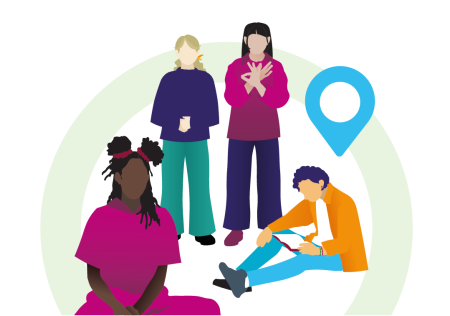
Transformation of Community Mental Health Services
We’re transforming the way we provide community mental health support for adults and older adults in Sussex.

This work is part of the NHS Long-Term Plan, which tasked health and social care systems across the country to develop new, more joined-up, ways of delivering care in the community for people with severe mental illnesses.